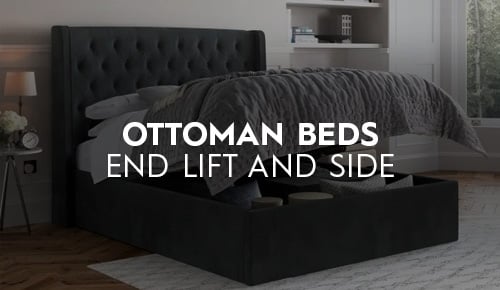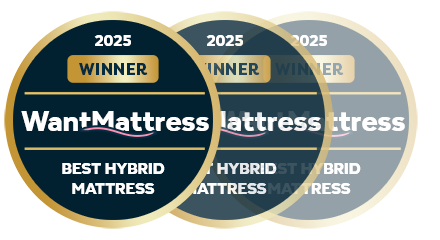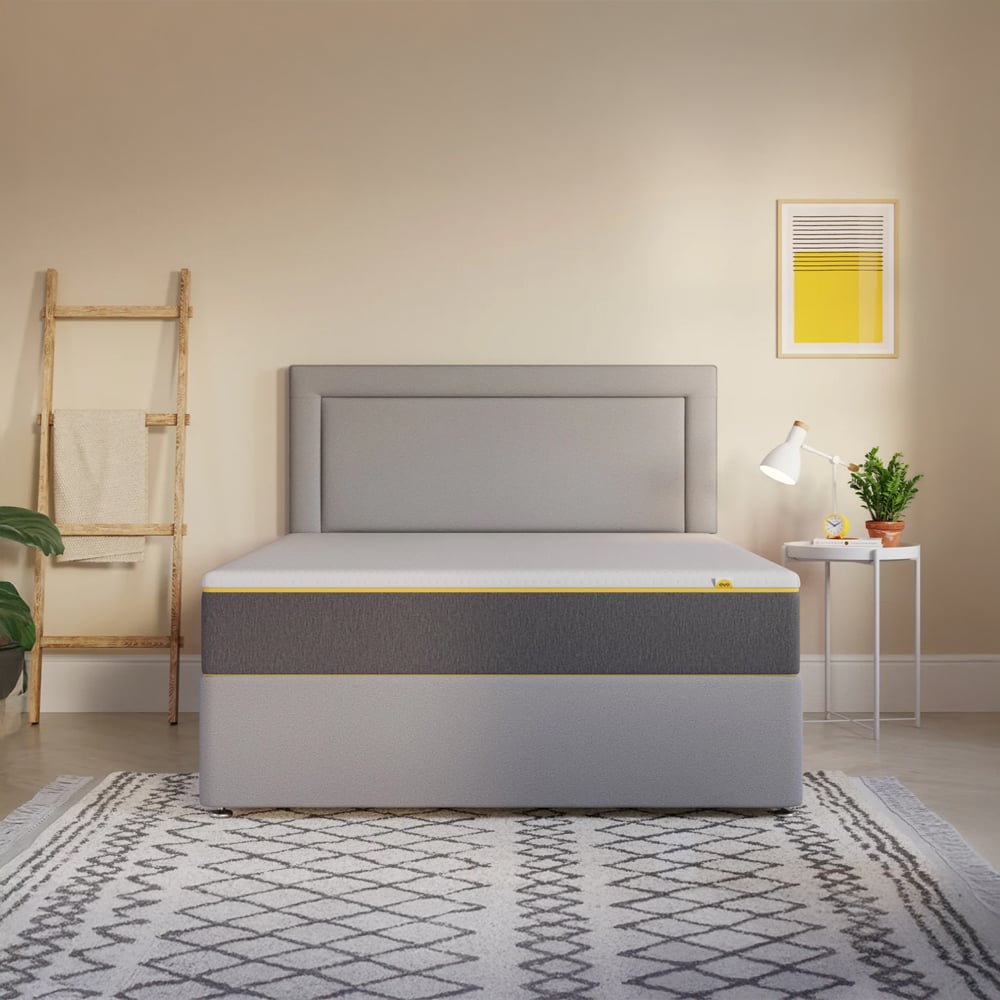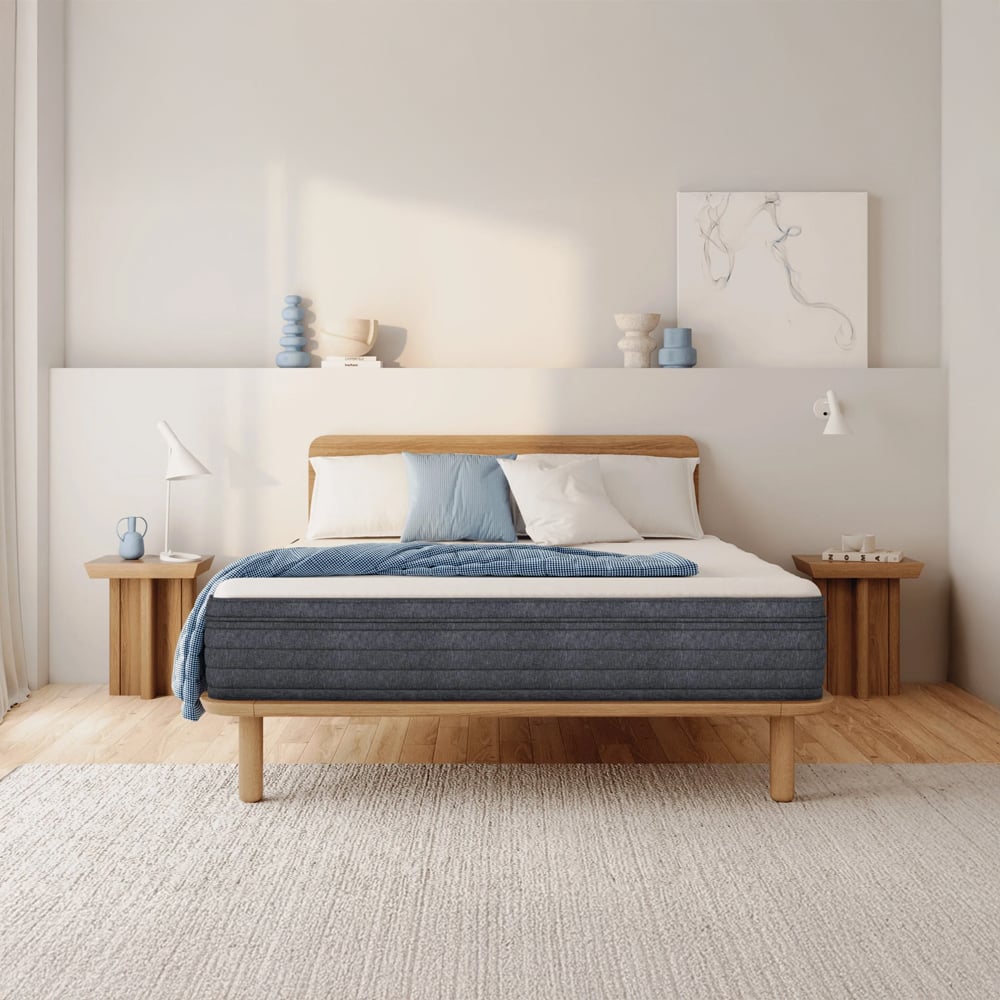Do you have trouble staying asleep because of your sleep apnea? If so, you’re not alone. Millions of people suffer from this condition every day. Sleep apnea can make it difficult to get a good night’s rest and as a result, sufferers tend to feel fatigued throughout the day as well as wake up with headaches and sore necks on a regular basis. In fact, too much time in bed can also exacerbate sleep apnea symptoms and so it can be difficult to resolve. This is because being in bed for long periods of time puts excess strain on your neck, which makes matters even worse!
Luckily, there are some strategies you can use to combat the negative effects of sleep apnea and get better quality sleep overall. The first step is to identify whether or not you have it in the first place. If so, read on for tips on how to choose the best mattress for sleep apnea and other helpful suggestions for managing this condition effectively.
What is Sleep Apnea?
Sleep apnea is a condition in which the person experiencing it has trouble breathing while they sleep. This is due to a temporary closing of the airway, which causes a person to wake up as they have to gasp for breath. Sleep apnea usually occurs in people who are overweight or who have excess facial or neck fat.
The most common sign of sleep apnea is loud and disruptive snoring. People who suffer from sleep apnea often snore loudly with their snoring likely to be interrupted by periods of silence when they stop breathing entirely. People who experience sleep apnea should be careful not to sleep too long as sleeping for more than eight hours can worsen sleep apnea symptoms. This is because pressure on the airway is likely to increase as you sleep in a single position for longer periods of time.
The Importance of Good Mattresses for Sleep Apnea
One of the most important parts of managing sleep apnea is selecting the right mattress. With the way sleep apnea affects people, finding a high-quality mattress that’s comfortable is especially important for those with the condition, although this is true regardless of whether you have sleep apnea or not. However, it is especially important for people with the condition because too much time in bed can exacerbate their symptoms. Mattresses are often overlooked when it comes to managing sleep apnea but the right mattress can make a lot of difference in terms of quality of sleep.
Which Mattress Is Best for People with Sleep Apnea?
You can’t just pick any old mattress and expect to get quality sleep with it. You must take the condition into account when choosing a mattress. It’s important to choose a mattress that’s supportive enough for you yet still comfortable.
The last thing you want to do is exacerbate your symptoms by picking a mattress that causes you to experience too much pressure in one position for too long! People with sleep apnea often experience back pain, as well as pressure in the neck and head. This can make falling asleep much more challenging.
Opinion online can be divided, with some experts recommending softer mattresses and others recommending firmer. There are reasons for this however. A firm mattress is also useful because it can help to reduce the impact of your partner’s movements on your own sleep while providing additional support for your back which in turn eases some of the pain that many people with Sleep Apnea feel. However, the issue with firmer mattresses is they result in you sleeping on the mattress rather than in it which doesn’t do anything for helping to keep your airways clear. The other camp who recommend softer mattresses do so to encourage you onto your side while you sleep. This is our preferred method and as such our ranking below reflects these characteristics.
High-Quality, Firm Pillows
One of the most overlooked pieces of sleep apnea management is the pillow. While mattresses are often the most obvious piece of sleep apnea management, choosing a high-quality pillow is equally important. The best pillow for you will be different depending on your preferences and needs. However, you should try to find a pillow that is both firm and supportive.
A firm and supportive pillow will help you avoid spending too much time in one position while sleeping, which can further exacerbate your sleep apnea symptoms. You should also consider choosing a pillow made with hypoallergenic materials, something that is especially important if you or your partner suffers from allergies.
Conclusion
If you have sleep apnea, you owe it to yourself to take care of your health, both physically and mentally. One way to do this is to take steps to improve your sleep quality. The most important factor in doing this is to choose a high-quality mattress that meets the needs of your body while ensuring you stay comfortable and supported. Please remember, the below is only an approximation and mileage will vary in this topic, particularly as there are two trains of thought, both of which contradict each other when it comes to support and tension.














